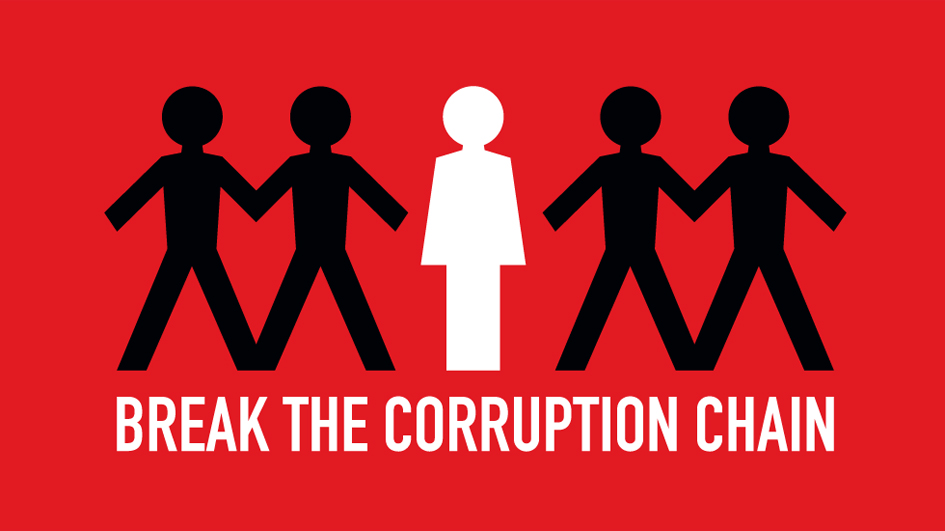Hundreds of groups worldwide call for governments to act
Madrid, 9 December 2014 – On the occasion of International Anti-Corruption Day, the UNCAC Coalition, an anti-corruption network of 350 public interest groups worldwide and of which Access Info Europe is Europe Region Corrdinator, is calling on governments to get serious about tackling corruption as they agreed when they adopted the UN Convention against Corruption (UNCAC). The groups point to a hemorrhaging of public resources and growing inequality and instability around the world due to corruption.
One concrete step that governments should take without further delay is to establish a requirement of public registers of company ownership, in line with language in UNCAC. “Everyone knows that shell companies with secret owners are being used to launder corruption loot and other proceeds of crime,” said Manzoor Hasan, chair of the UNCAC Coalition. “The G20 has just adopted important High Level Principles on Beneficial Ownership. The international community should move quickly within the UNCAC framework to build on those principles and go further, including concrete measures.”
The Coalition is also asking for government action to remove major roadblocks that hinder the investigation, apprehension and prosecution of embezzlers, bribe-payers, bribe-takers and those laundering the proceeds of corruption. Governments must correct lack of protection for whistleblowers, immunities for public officials, settlements that are too lenient, and lack of independence and resourcing for the judiciary and enforcement authorities. “All these failures in enforcement systems add up to impunity for the corrupt” says Hasan. “People are fed up and want governments to get serious about ending impunity,” says Manzoor Hasan. ”They want to see full implementation of the UN Convention against Corruption.”
The UNCAC Coalition says civil society – including citizens – has a key role to play in countering corruption and raises concerns about shrinking civil society space both at national level and in UN forums as recognised in a recent report by the UN Special Rapporteur on Freedom of assembly and association, Maina Kiai. “We are calling on governments to recognize the rights of the public to access information and to participate in anti-corruption efforts” said Hasan of the UNCAC Coalition.
Over ten years after the adoption of UNCAC, corruption is still undermining economic growth, blocking access to fundamental human rights and exacerbating poverty, and inequality and violent conflict in too many countries around the world. The damage done by corruption is well-known and multifaceted. The injustice it causes is the subject of worldwide outrage, which, in a series of countries, has erupted into mass protest.
“Corruption is no ordinary crime. It destroys people’s lives and too many governments are acting agonizingly slowly to stop it,” said Manzoor Hasan, “All our efforts to ensure sustainable and equitable development will fail if we lose the battle against corruption”.
Note to Editors
The comprehensive United Nations Convention against Corruption (UNCAC) adopted by the UN General Assembly in 2003 is the only global legal framework for combating corruption worldwide. It is a binding agreement ratified by 172 states parties on standards and requirements for preventing, detecting, investigating and sanctioning corruption.
At the same time as it adopted the UNCAC in 2003 the UN General Assembly designated 9 December as International Anti-Corruption Day. This decision aimed to raise awareness of the impact of corruption in people`s lives and how the United Nations Convention against Corruption (UNCAC) can be used to combat and prevent corrupt practices around the world.
The UNCAC Coalition, formed in 2006, is a network of more than 350 civil society organisations in over 100 countries. Its goal is to promote ratification, implementation and monitoring of the UN Convention against Corruption.

